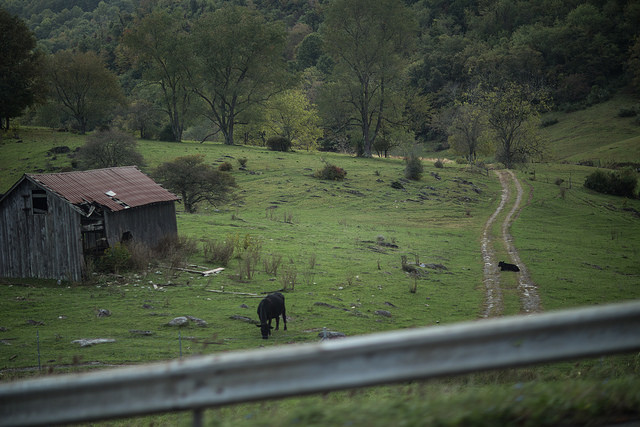via the magical XKCD Fun being a fairly relative term . . . but I’m amused. The Meat You can write custom functions in Google Spreadsheets and then use them like other built in functions. I didn’t realize that. The script below1 grabs all the URLs from a chunk of text. You could add it […]
findURL – Custom Google Function Fun





